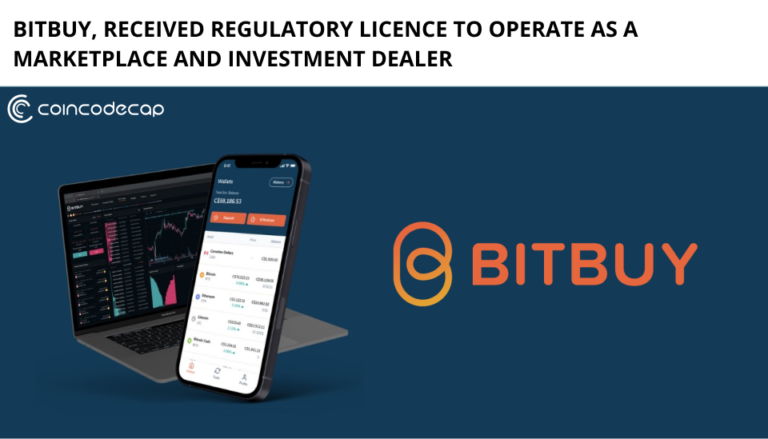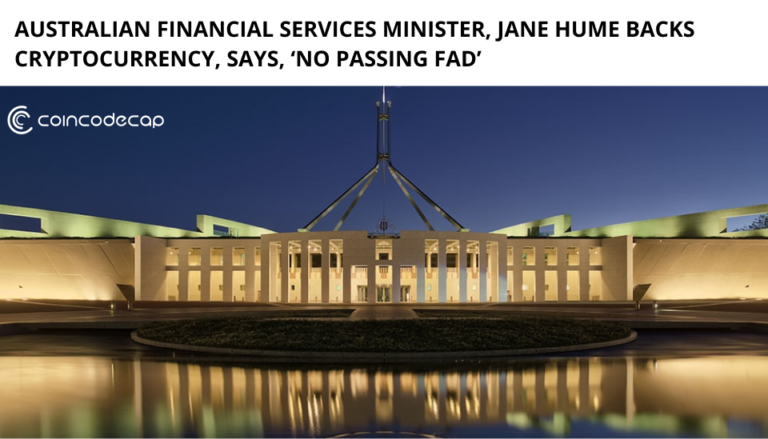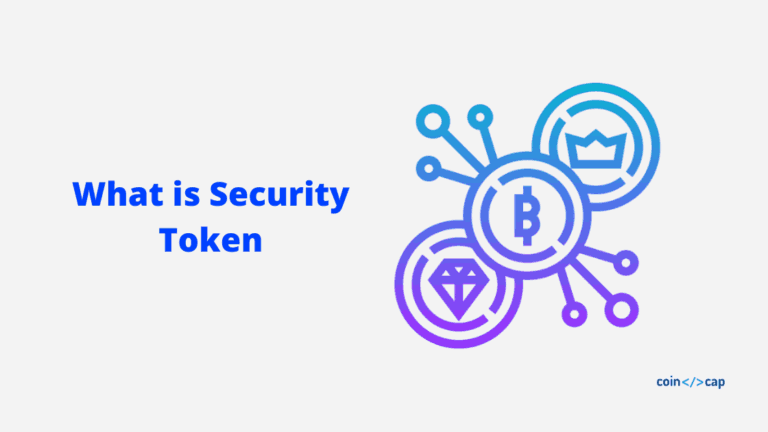Table of Contents
Key Takeaways:
- According to a new survey, even though bitcoin has been made legal tender, the majority of people in El Salvador continue to use dollars.
- The majority of “Chivo Wallet” downloads occurred shortly after bitcoin became legal tender last year, though almost no one has downloaded it as of 2022.
- According to the survey, bitcoin accounted for only 5% of all sales.
Those in the cryptocurrency world have anticipated that digital currencies will eventually replace fiat currencies for years. Cryptocurrencies, on the other hand, are viewed with more than a little suspicion by mainstream economics. While some traditional financial institutions have gravitated to the concept of blockchain technology (or even to the idea of collaborating with digital currencies in some way), few have suggested that they will abandon fiat money entirely in favour of cryptocurrencies.
For many people, the first big cryptocurrency, bitcoin, is indeed most likely to find widespread acceptance. While there is no singular authorised list of establishments throughout the world that take bitcoin as payment, the list is constantly expanding.
However, as per a new survey, bitcoin has not acquired much popularity in El Salvador, with the majority of individuals still using dollars seven months after the cryptocurrency was proclaimed legal money.
Not only must bitcoin be recognised as a method of payment for taxes and outstanding obligations under this law, but all businesses must accept bitcoin as a medium of exchange for all transactions.
Chivo Wallet’s downfall:

El Salvador recently introduced the “Chivo Wallet” programme, which allows users to transfer bitcoin and dollars digitally without incurring any transaction fees. Citizens who downloaded the app received a $30 bitcoin bonus from the government as an incentive to adopt, a large sum in this dollarized Central American country with a per capita GDP of $4,131, as well as gas discounts.
Despite the government’s crypto adoption push, led by millennial president and bitcoin bull Nayib Bukele, the experiment has generated little success to this operation and the country’s digital wallet has not experienced broad acceptance.
The majority of Salvadorans downloaded the app in September, when El Salvador became the first country to recognise bitcoin’s use along with the dollar, but according to the survey, almost no one has downloaded Chivo in 2022.
Prior to the advent of Chivo, more than half of respondents solely used cash to pay for their purchases. The report also discovers that over 70% of them were unbanked, and nearly 90% did not use mobile banking. Furthermore, it was found that 64.6 percent of Salvadoreans have access to an internet-enabled mobile phone, which is essential to download and utilise Chivo.
According to the findings, more than two-thirds of Salvadorans (68%) are aware of Chivo Wallet’s presence, and the majority of individuals learn about it through social media, followed by television and radio, news, and friends and family. People who own a cell phone with the internet and are wealthy, educated, young, and male are more likely to be aware of Chivo.
Also Read: El Salvador signs contract with Aphapoint to fix bugs in its Chivo Wallet
“The most important reason not to download the app, conditional on knowing about it, is that users prefer to use cash, which was followed by trust issues — respondents did not trust the system or Bitcoin itself,” the authors of the survey explains.
Incentives for Adoption
From the standpoint of users, the acceptance of bitcoin in El Salvador is inextricably linked to the adoption of Chivo. As a result, citizens who download the app will earn a $30 bitcoin bonus from the government, which is a big sum in this Central American country with a per capita GDP of $4,131 (World Bank, 2020). The $30 was promptly placed in their digital wallets, but it could not be taken as cash right away; it had to be forwarded as a transfer to another Chivo Wallet first, as the government hoped to promote bitcoin adoption with the bonus. According to presidential statistics, nearly two-thirds of the population had downloaded the app by January 2022.

With the launch of the app, public interest in bitcoin skyrocketed, as seen by Google Search trends in El Salvador for terms like “bitcoin,” “Chivo,” “30 dollars,” and “Bitcoin value.”
Another government incentive for Chivo adoption is that users can obtain a large per-gallon price reduction when they use their digital wallets to buy gas. Customers who paid using Chivo received a $0.20 discount on the price of a gallon of gas from the country’s top gas station companies. The first round of discounts was available from September 30 to October 31. The president announced another cut in the price of petrol per gallon on November 1st, this time to $0.30 in over 250 gas stations across the country. Furthermore, bitcoin transactions frequently come with hefty fees.
Payment Options, Financial Inclusion, and Mobile Internet Access:
Blockchain holds surprising promise for broadening financial inclusion to more people around the world. The technology can be called global, open-sourced, and accessible to anyone with Internet access, regardless of nationality, ethnicity, race, gender, or socioeconomic class.
While many people associate blockchain with cryptocurrencies like Bitcoin or Dogecoin—and possibly with greed, illegal behaviour, or environmental barbarity T his technology is simply a decentralised way to organise transactions in a database, or ledger, so that multiple untrustworthy parties can agree on the state of those transactions without the need for a middleman.
However, it is critical to note that the influence of a blockchain solution is primarily determined by user adoption, acceptance and end-users are uninterested in blockchain. They are more concerned with access, benefits, and how simple the application is to use. Solutions must be consumer and put the user first. For example, the capacity to make cross-border transactions at a cheaper cost, irrespective of how it takes place on the tail end, is the primary benefit.

In 2017, only one-third of El Salvador’s adult population had a bank account at a financial institution (CNIEF, 2020). This is consistent with the findings of our survey. It was discovered that the majority of transactions in the country are paid in cash—in fact, more than half of people only use cash to pay for their expenditures. It was also revealed that more than 70% of respondents are unbanked, and nearly 90% do not use mobile banking. Chivo Wallet users do not need to have a bank account or a card; however, having access to a mobile phone and the internet is required.

While the Population Census and Household Surveys in El Salvador ask about cell phone possession and internet access differently, the survey asked participants if they have access to a mobile phone with an internet connection. It was discovered that 64.6 percent of Salvadorans have access to a mobile phone with internet access. Information on cell phone and internet access by quintile, as well as other sample characteristics such as education and literacy.
More Practical to Co-exist
It appears unlikely that Bitcoin will completely replace the rupee, dollar, or any other paper currency. Coexistence is more practical, which is why regulations are becoming more important. For the time being, cryptocurrencies are exposed to tweets or reactions from major investors, players, stakeholders, observers, and even government decisions. A regulatory framework will protect it from all of these threats.
In terms of bitcoin, the main reasons people do not use it are, in descending order of importance, that users do not understand it, do not trust it, it is not acknowledged by businesses, it is very turbulent, and it includes high fees.
The main reason to download the app is to take advantage of the government’s $30 bonus, but less than half of those who were able to download Chivo continued to use it after spending the bonus—a figure that represents 20% of adult citizens. Over 60% of those who downloaded the app did not use Chivo Wallet after spending their $30 bonus. Furthermore, the majority of Chivo users who used the $30 bonus didn’t participate with the app intensively.
Overall, it has been documented that bitcoin is not widely used as a medium of exchange. The latter is true despite the government’s major push, which included granting bitcoin legal tender status through the Bitcoin Law, the $30 bonus, gas discounts, and no transaction or withdrawal fees; and despite the encouragement to use touchless payment methods in the midst of the COVID-19 pandemic.
Blockchain applications must be adaptable to fluctuations and technological updates, especially since the technology’s infrastructure is evolving at the same time. Grassroots Economics, for example, had to switch blockchain platforms three times in order to reduce user fees. Each change necessitates time and a working budget, and if startups do not plan for this, they may find themselves out of money before they have a chance to prove the solution works.
Most investors have also not considered cryptocurrency as a payment method. In comparison to the stock market or mutual funds, they use it to invest money and grow it quickly. This is why many coins haven’t changed their IP address in the last few years, implying that they’re mostly being hoarded. Even a country like the United States, where acceptance is higher, is a long way from fully embracing cryptocurrency.
There is no denying that digital currency is the way of the future. There’s a good chance that by the end of this decade, physical wallets will be obsolete, and you’ll be storing money on your smartphones, but it won’t be all crypto.









